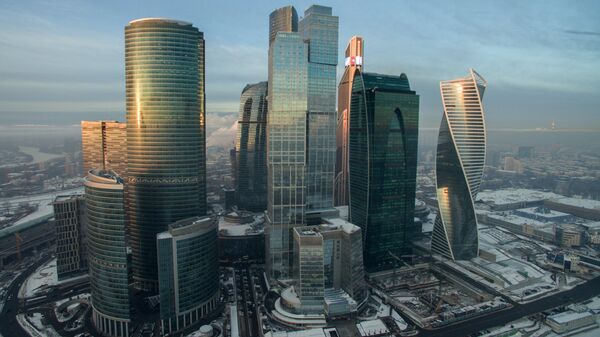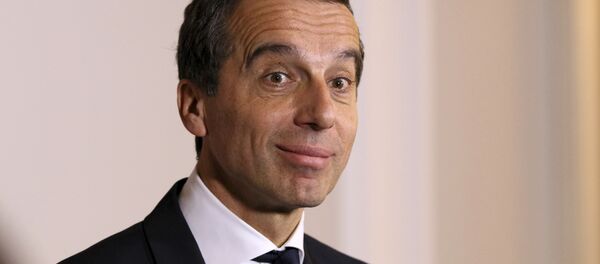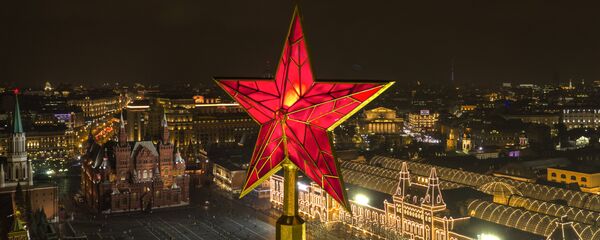MOSCOW (Sputnik) — Since the global oil prices plummeted in 2014 and western countries imposed sanctions against Russia over referendum in Crimea, the Russian economy faced serious challenges. According to the Federal State Statistics Service (Rosstat), in 2014 the inflation rate surged to 11.36 percent, reaching a five-year maximum of 12.91 percent in 2015.
In December last year, Russian President Vladimir Putin instructed the government to adopt an action plan aimed at ensuring that by 2019-2020 the country's economy growth exceeds the global economy growth rate.
The study conducted from February 10 to 24 found a marked improvement in expectations associated with increased optimism in all sectors of production and services. Russian companies also expect a sharp increase in business revenue over the next 12 months, "at +34%, up from a net balance of +25% in October." Along with this, according to the study, Russian private sector companies are planning to increase job creation within the next 12 months.
"Greater optimism at firms aligns with stronger readings from the PMI survey data, which hit an eight-and-a-half year high at the start of 2017 as the economy lifted itself to one of the top global economic performers," Samuel Agass, an economist at Markit, said.
Nevertheless, business confidence is still relatively low, compared to a worldwide average, he said. Agass explained this by saying that not all private companies are convinced that the recovery of the Russian economy is stable.




